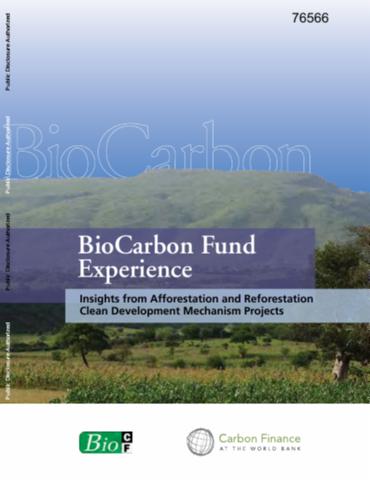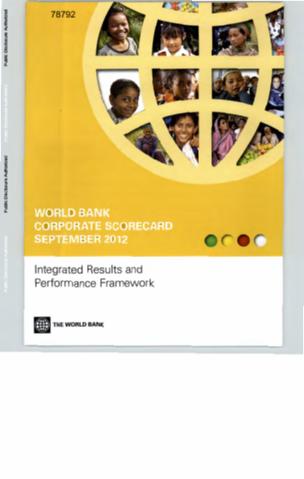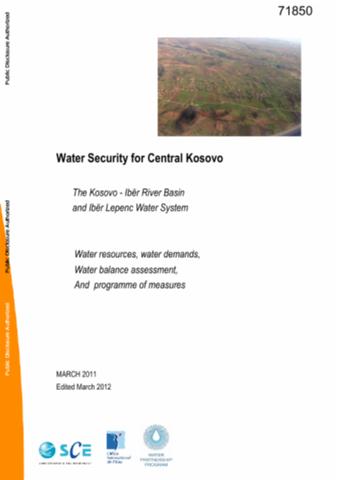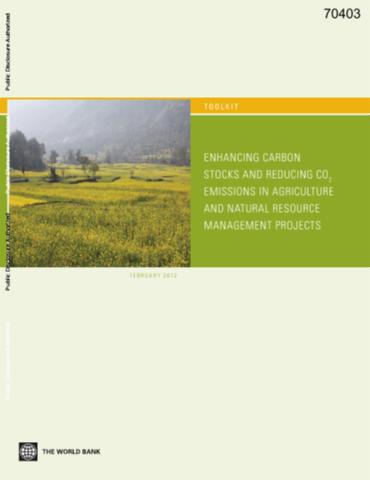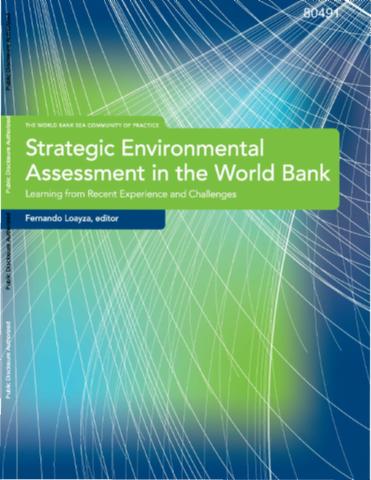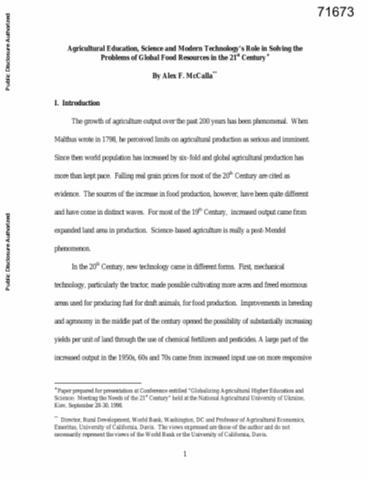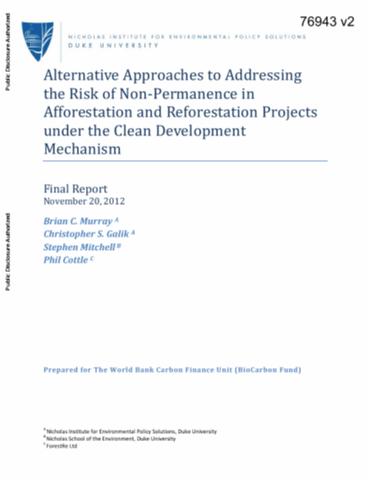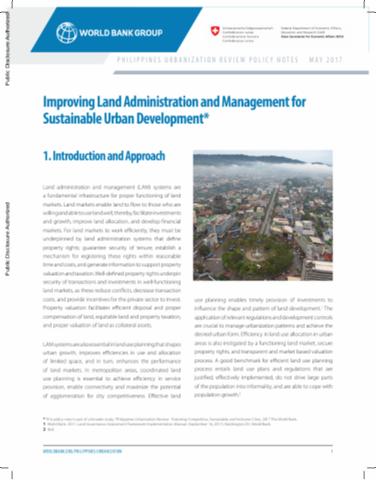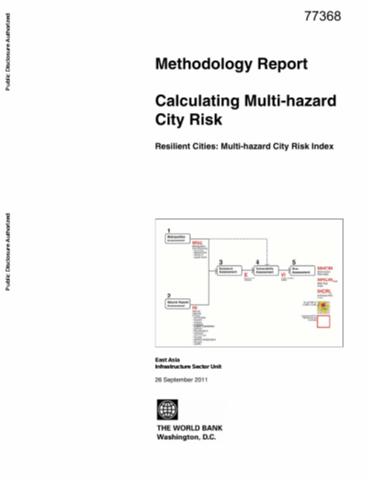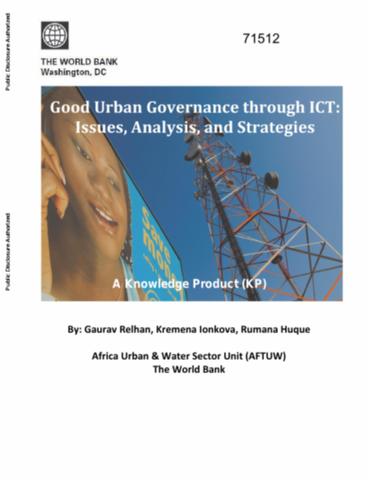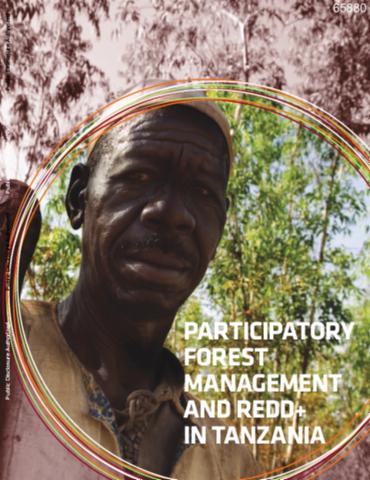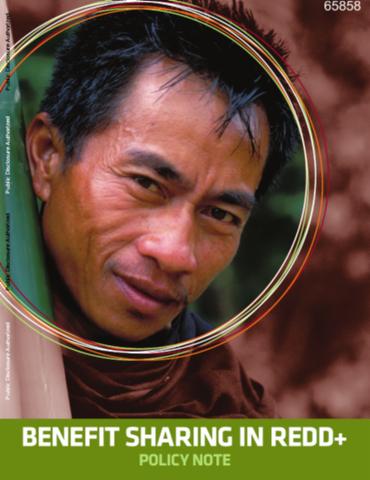BioCarbon Fund Experience
Carbon finance recognizes the contribution of projects to mitigating climate change. To be able to access carbon finance, projects can certify their emission reductions under a variety of standards, one of which is the Clean Development Mechanism (CDM) of the United Nations Framework Convention on Climate Change (UNFCCC). Project developers can sell their carbon credits either in the voluntary or the regulated market.

